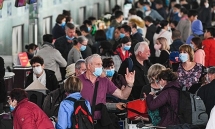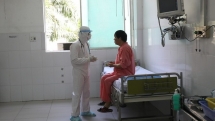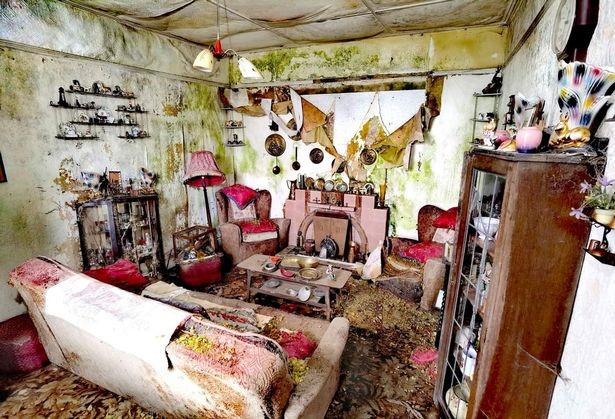Scotland moves to become first nation to make pads and tampons free
| Vietnam to suspend visa-free travel for Italians over coronavirus concerns | |
| Vietnam offers free treatment to nCoV patients | |
| Hoi An offers free medical masks to tourists to combat nCoV |
 |
| Feminine hygiene products are displayed Tuesday in a shop in Perthshire, Scotland. |
The Scottish Parliament approved a plan Tuesday to make menstrual products available free in public spaces such as community centers, pharmacies and youth clubs. Scotland has offered pads and tampons free of charge at schools and universities as a matter of national policy since 2018.
The new plan will cost Edinburgh an estimated $31.2 million a year.
The legislation passed an initial vote with 112 in favor, none against and one abstention. It now heads to a second phase during which legislators can propose amendments.
The legislation is a “milestone moment for normalizing menstruation in Scotland and sending out that real signal to people in this country about how seriously parliament takes gender equality,” the bill’s sponsor, Monica Lennon, said during a debate in Parliament.
“We are changing the culture and it’s really exciting that other countries right around the world are watching very closely to see what we do,” she said.
Internationally, lawmakers and activists have expressed anger at policies that force women to pay comparatively high taxes for necessities that do not always go acknowledged as such. In Scotland, a study found that 1 in 4 women at schools and universities had trouble accessing menstrual products before they became free for students.
This gendering of the tax laws has proved difficult to address. In 2016, the United Kingdom pledged to end its 5 percent “tampon tax,” but it has put off the change, citing uncertainty over Brexit and the impediment of European Union tax regulations. Scotland, which is part of the United Kingdom, seems to have circumvented the issue by moving to offer them free.
The E.U. has pledged to remove all sales tax requirements on period products beginning in 2022. It will then be up to individual member countries to determine how much to tax pads and tampons./.
Recommended
 World
World
India, UAE sign $3 billion LNG deal, agree to boost trade and defence ties
 World
World
India and Arab countries cooperate in energy security and technology
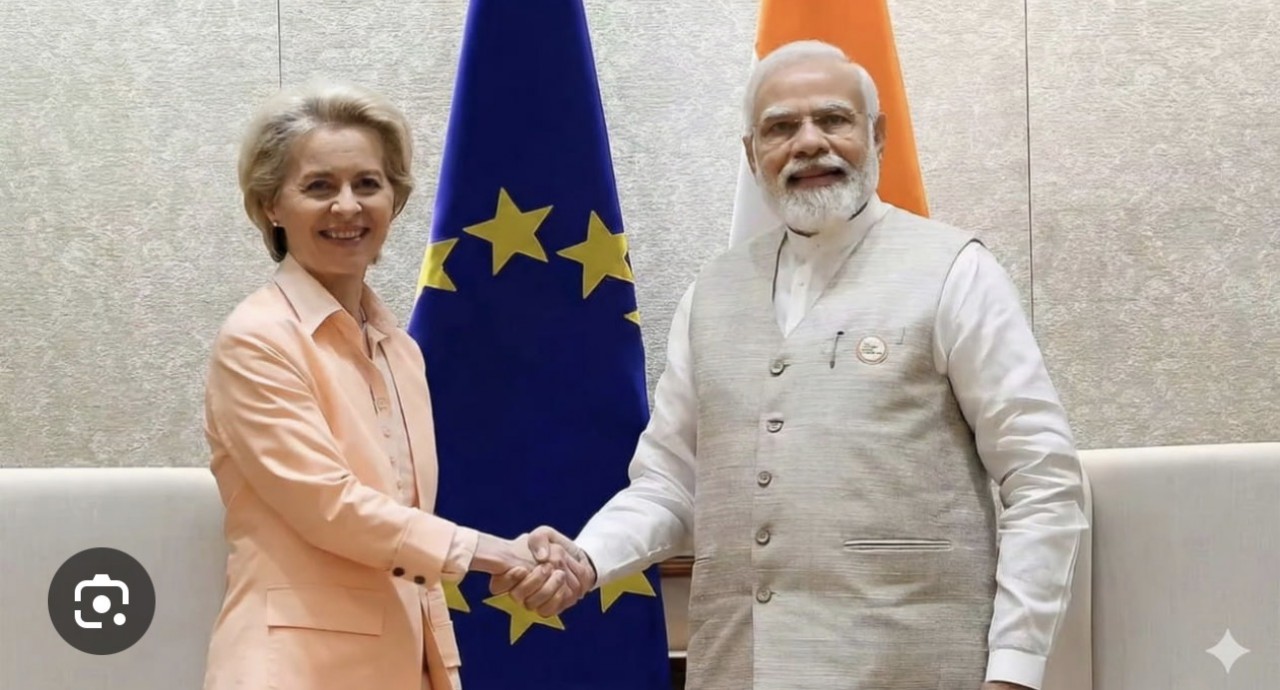 World
World
EU chiefs underscore deepening partnership with India
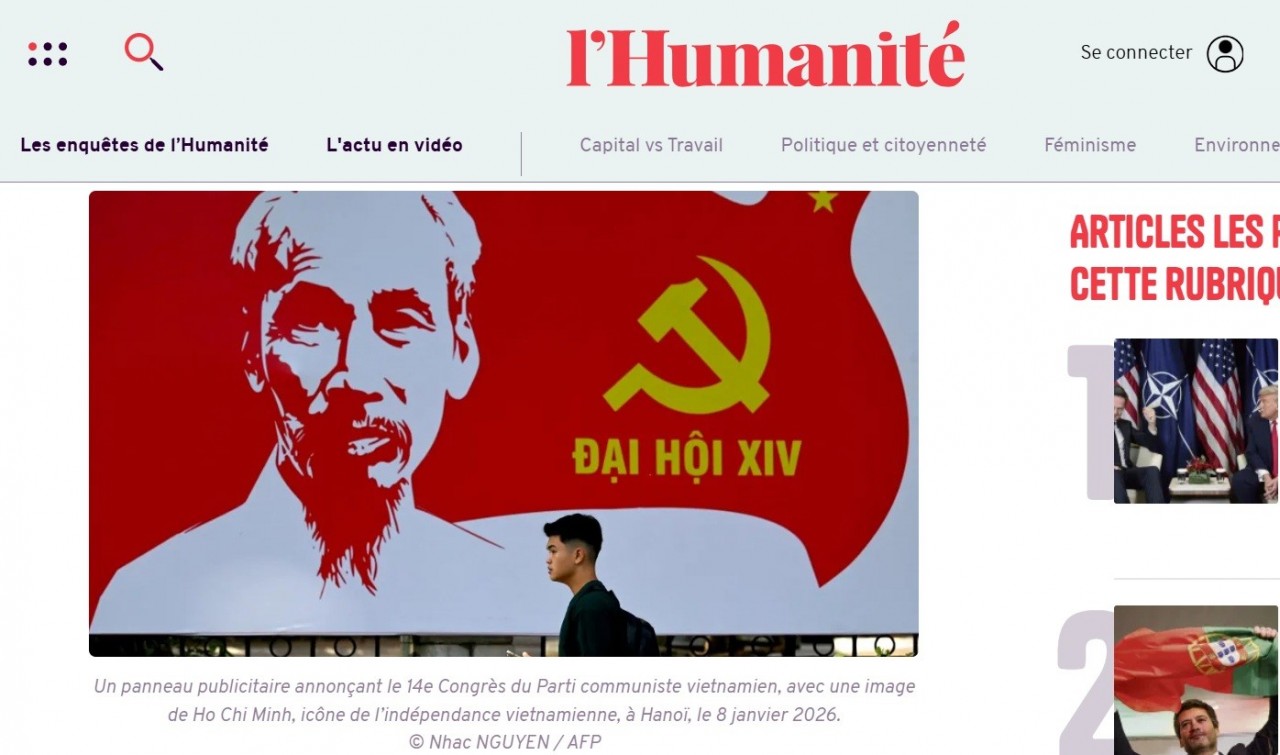 World
World
French Newspaper Assesses Vietnam’s Development Strategy for 2026-2030 Period
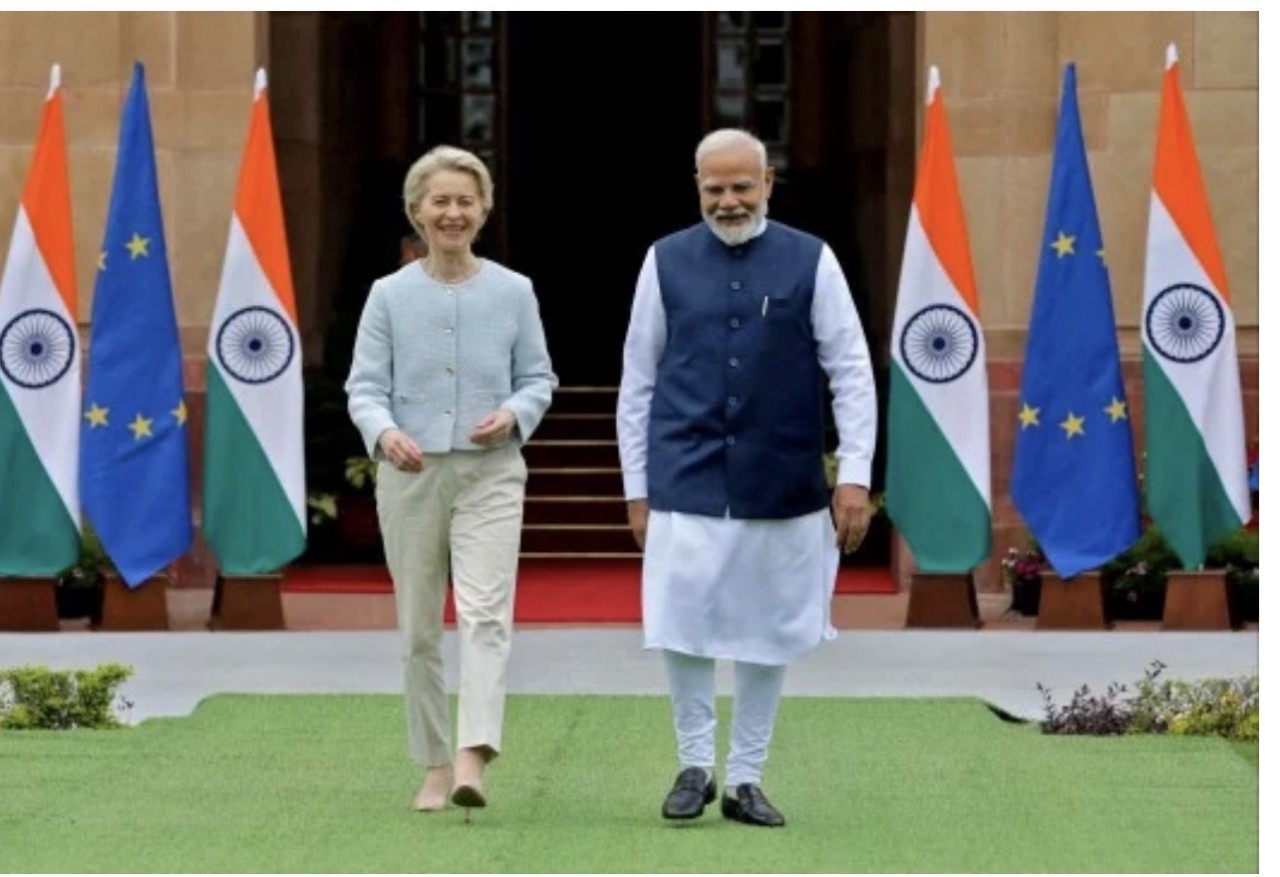 World
World
India, EU ramp up push for free-trade deal
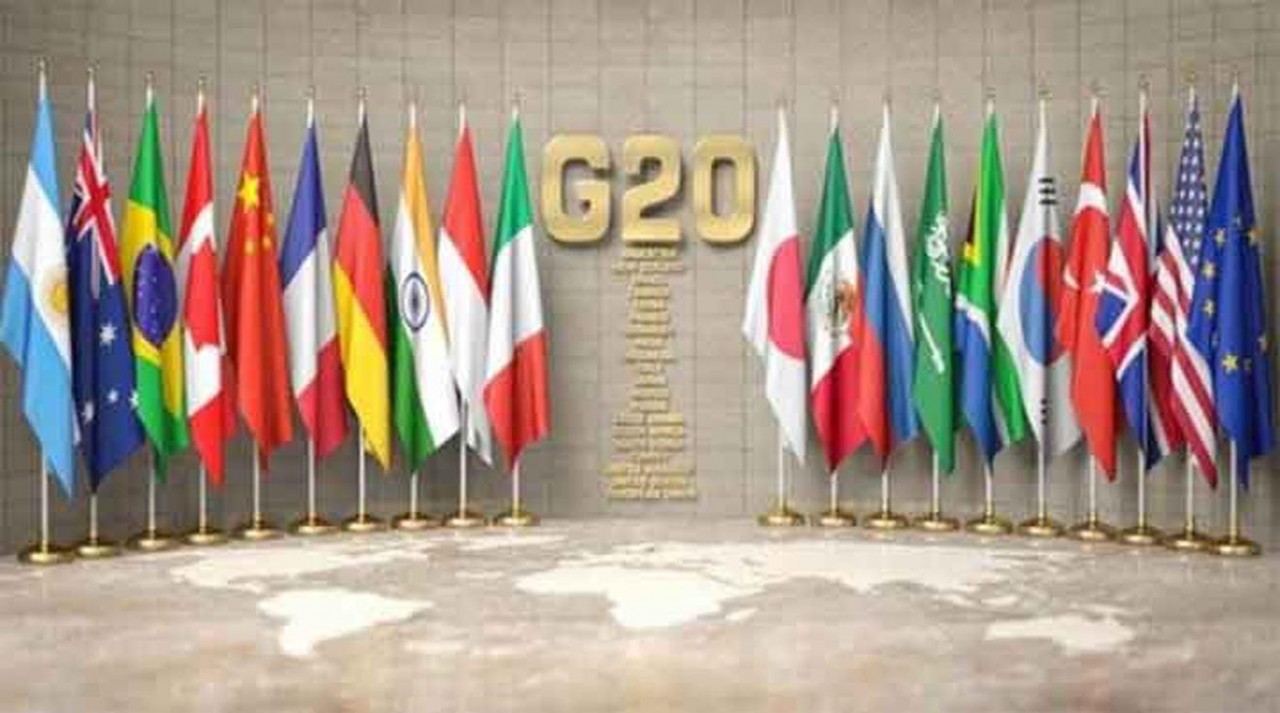 World
World
Relationship between India and countries of the Global South
 World
World
India and France enhance cooperation in defense
 World
World

